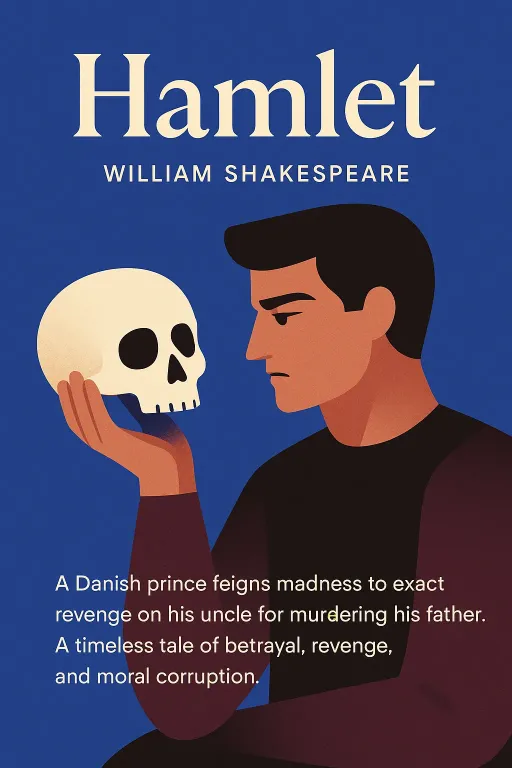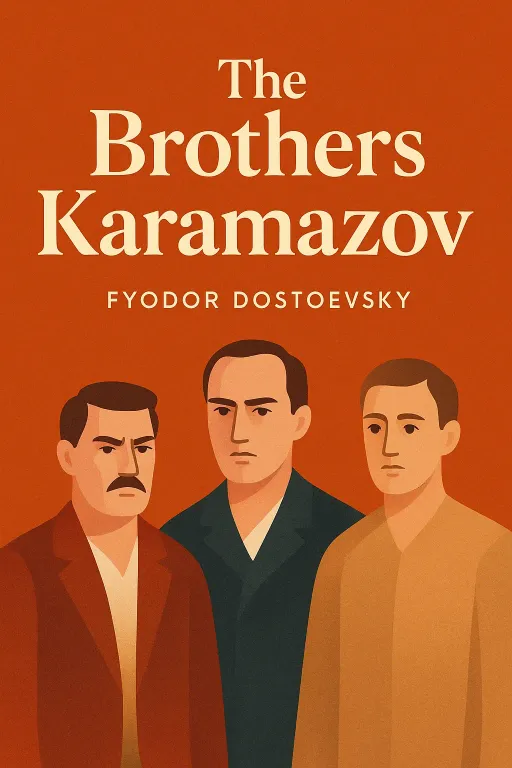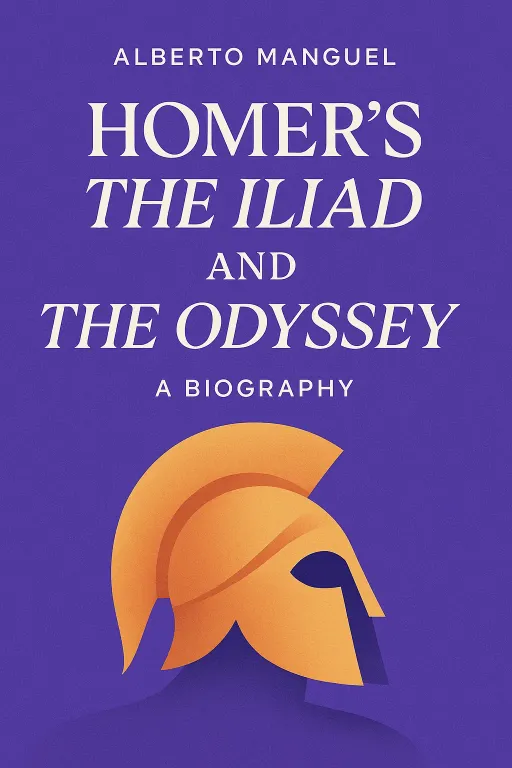
Frankenstein
Mary Shelley
"Frankenstein" is a seminal work of Gothic and science fiction that delves into the themes of creation, ambition, isolation, and the nature of humanity. Through the interwoven narratives of Captain Robert Walton and Victor Frankenstein, the novel explores the consequences of unchecked scientific pursuit and the profound impact of rejection and loneliness on both creator and creation. This edition offers readers a comprehensive experience, beginning with insightful excerpts and an extensive introduction analyzing the novel's enduring legacy and its various interpretations. Readers will gain a deeper understanding of Mary Shelley's life, the historical and scientific context that shaped her masterpiece, and the philosophical underpinnings of the story. The book includes Mary Shelley's account of the novel's origin, detailing the circumstances of its conception during a rainy summer in Switzerland. Framed by Robert Walton's letters recounting his Arctic voyage and encounter with Victor Frankenstein, the story unfolds with Victor's narration of his idyllic childhood, his family, and the beginnings of his fateful scientific endeavors. Readers are invited to explore the depths of Frankenstein's ambition and the tragic consequences that ensue from his creation.

Hamlet
William Shakespeare
"Hamlet" is the quintessential tragedy of the English language, written by William Shakespeare. It tells the story of the Prince of Denmark, who returns home from university to find his father dead and his mother already married to his uncle, Claudius. When the ghost of his father appears and reveals that he was murdered by Claudius, Hamlet is charged with a terrible duty: revenge. The play is not a simple action story but a profound psychological study of a mind unraveling. Hamlet is paralyzed by his own intellect. He overthinks every move, feigning madness to investigate the truth while struggling with the morality of murder and the certainty of death. This internal conflict produces some of literature's most famous lines, including the existential query regarding whether it is better to be or not to be. The delay leads to a cascade of unnecessary deaths, including his beloved Ophelia and her father Polonius. The story culminates in a catastrophic duel that leaves the Danish court destroyed. It stands as a timeless exploration of grief, betrayal, and the paralyzing power of doubt.

The Brothers Karamazov
Fyodor Dostoevsky
"The Brothers Karamazov" is the final and greatest masterpiece by the Russian literary giant Fyodor Dostoevsky. On the surface, the novel is a gripping murder mystery centered on the death of Fyodor Pavlovich Karamazov, a grotesque and greedy landowner. The primary suspect is his eldest son, but the investigation reveals a complex web of family dysfunction, rivalry, and shared guilt. However, the book is truly a philosophical arena where Dostoevsky stages the ultimate battle for the human soul. The three brothers represent distinct aspects of human nature. Dmitri embodies raw passion and unbridled sensory pleasure. Ivan represents the tortured intellect and skeptical reason. Alyosha stands for faith, forgiveness, and spiritual love. Through these characters, Dostoevsky explores the deepest questions of existence. The novel is famous for the chapter involving The Grand Inquisitor, a parable invented by Ivan that questions whether humanity truly desires freedom or if we would prefer the comfort of security and authority. The story challenges the reader to decide if a world full of suffering can be justified and if moral order is possible without a belief in the divine.

To Kill a Mockingbird
Harper Lee
In the sleepy Southern town of Maycomb, Alabama, Scout Finch and her brother Jem learn indelible lessons about justice, compassion, and the complexities of human nature as their lawyer father, Atticus, defends a black man wrongly accused of a crime. Through Scout's innocent eyes, we witness the prejudices and moral struggles of a community grappling with profound social change, and the enduring power of empathy in the face of injustice.

Homer's The Iliad and The Odyssey
Alberto Manguel
Explore the enduring influence and timeless appeal of Homer's epic poems, The Iliad and The Odyssey, through the insightful lens of Alberto Manguel. This biography delves into the historical context, literary significance, and lasting impact of these foundational works of Western literature.

Persuasion
Jane Austen
A story of second chances, Anne Elliot confronts lost love and societal expectations when Captain Wentworth returns to her life after years apart. Will she find the courage to pursue happiness, or will pride and prejudice keep them separated forever?

Remarkably Bright Creatures
Shelby Van Pelt
After Tova Sullivan's husband died, she began working the night cleaner shift at the Sowell Bay Aquarium. Ever since her eighteen-year-old son, Erik, mysteriously vanished on a boat over thirty years ago keeping busy has helped her cope. One night she meets Marcellus, a giant Pacific octopus living at the aquarium who sees everything, but wouldn't dream of lifting one of his eight arms for his human captors – until he forms a remarkable friendship with Tova. Ever the detective, Marcellus deduces what happened the night Tova's son disappeared. And now Marcellus must use every trick his old body can muster to unearth the truth for her before it's too late... Shelby Van Pelt's debut novel is a reminder that sometimes taking a hard look at the past can help uncover a future that once felt impossible.

The Last Wish
Andrzej Sapkowski
Enter the world of the Witcher, Geralt of Rivia, a monster hunter for hire. In a land filled with mythical creatures and moral ambiguities, Geralt navigates treacherous landscapes, battles terrifying beasts, and confronts the complexities of humanity. This collection of interconnected short stories introduces the iconic character and sets the stage for the epic saga to come.